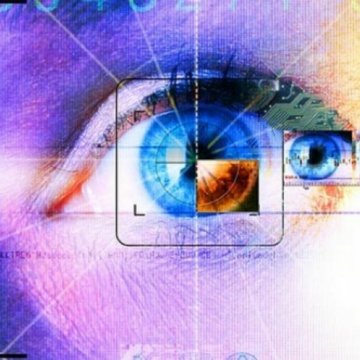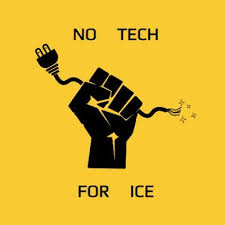- About
- Topics
- Picks
- Audio
- Story
- In-Depth
- Opinion
- News
- Donate
- Signup for our newsletterOur Editors' Best Picks.Send
Read, Debate: Engage.
| topic: | Technology |
|---|---|
| located: | Germany, China |
| editor: | Gurmeet Singh |
Welcome to 2020! If you thought it was going to be a quieter, gentler, more peaceful year than the previous one, then, ah well, never mind, silly you.
Despite the likelihood of a new international conflict, Australia’s burning forests, the never-ceasing march of far-right forces, there are, still, more parochial things to talk about.
Such as facial recognition technology. Germany’s interior minister Horst Seehofer – of the ‘I’m not racist, but…’ views – is once again pushing for widespread implementation of facial recognition technology across the nation’s major train stations and airports.
Seehofer plans to equip 134 train stations and 14 airports with cameras capable of automatically identifying people in crowds in a bid to expand Germany’s automatic facial recognition system. Although the ministry has not officially confirmed the measures, a government spokesman, asked by EURACTIV, stated that an amendment to the Federal Police Act was planned to provide the police with "improved technical possibilities and, where possible and reasonable, extended responsibilities'".
And the corresponding draft law should currently be the subject of “internal governmental coordination”.
However, there are many problems with these plans.
Firstly, consent: How can ordinary people consent to being recognised on camera and how can they opt-out without being punished?
Next, errors: What happens if the technology makes an error? Are you recognised as a criminal and then arrested?
Finally, biases: Racial biases in the technology (as these technologies have typically been programmed by a narrow demographic) means that they either ‘fail’ to identify people of certain ethnicities correctly or at all. What then? Will the police act more aggressively to people of these ethnicities?
And with the ongoing Huawei scandal, are there larger, more serious international issues at play?
Nevertheless, the ministry claims the answer is in the technology. In other words, they say, the technology will not introduce biases and errors, because the technology will work.
EURACTIV writes:
“The interior ministry tested facial recognition cameras as early as 2018 at the Berlin-Südkreuz station. The result was that 80% of the people were correctly identified.
“The systems have impressively proven themselves so that a broad introduction is possible”, Seehofer had said at the time.
But the Chaos Computer Club, an activist hacker association, did the math and accused the ministry of whitewashing. According to the association, such a figure could only be obtained if all three technology providers worked simultaneously and supported each other, as the hit rate for a single provider was only 68.5%.”
With 2020 just beginning, let’s hope enough attention is given to these issues too, while the world continues to burn.
Image: Krzysztof Urbanowicz/flickr/cc)

